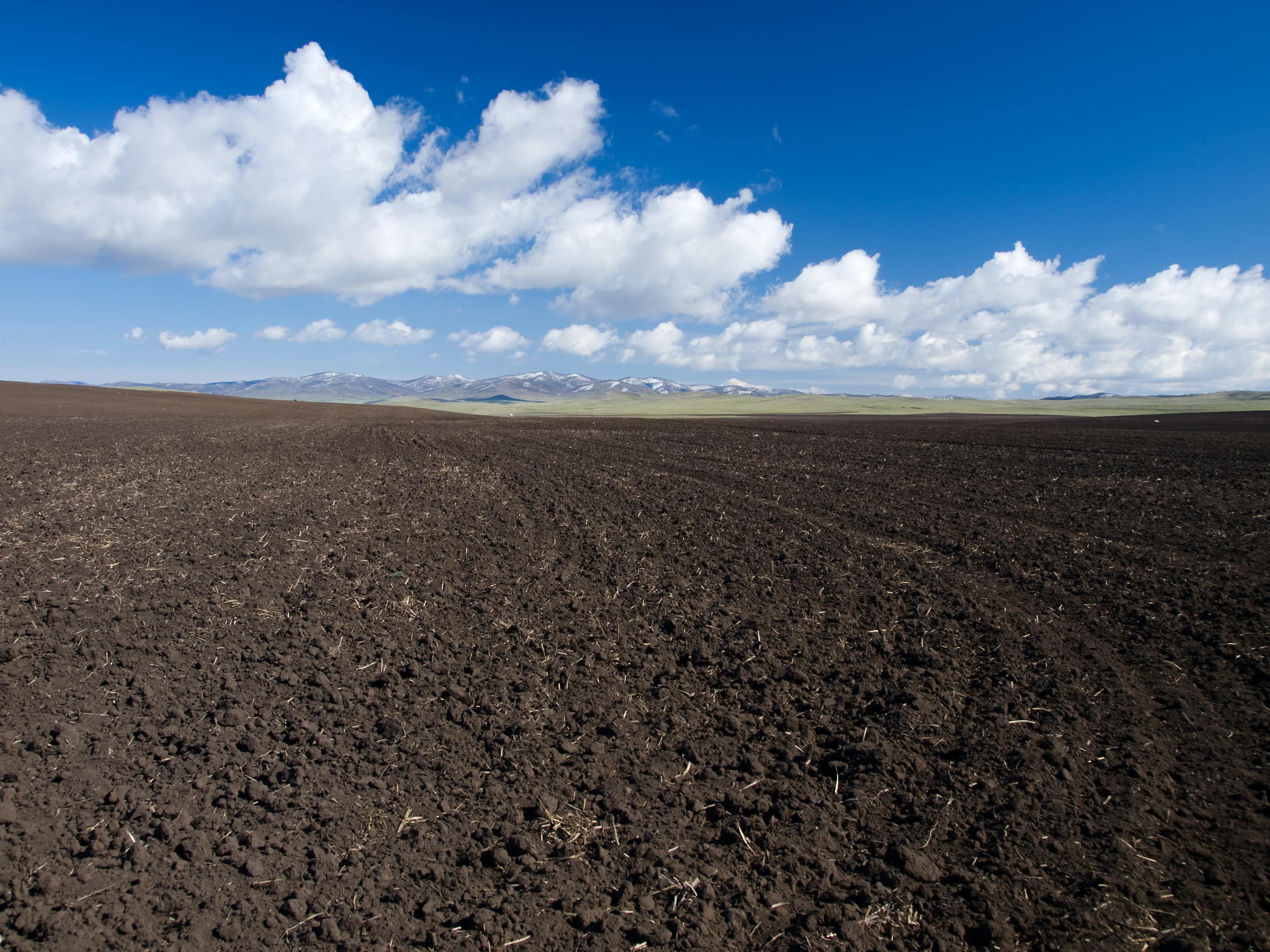Key Takeaways:
- The study by Greschuk et al., 2023, introduces a novel approach called “SoilPP” for assessing soil's productive potential.
- Only 30% of Brazil's total agricultural areas are currently used for crop and livestock production.
- The study finds that 46% of Brazilian counties have soybean yields below their SoilPP estimates, and 38% of areas can improve sugarcane yields.
A recent study by Greschuk et al., 2023, highlights the critical role of soil in food production, with a particular focus on Brazil's contribution to the global food supply chain. The study introduces a novel approach, “SoilPP,” which uses soil analysis and machine learning to assess the productive potential of soils in Brazil. This new technique could have far-reaching implications for farmers, consultants, industries, policymakers, and global food security planning.
The Importance of Soil in Food Production
The study emphasizes that food production is highly dependent on the quality and potential of the soil. Brazil, a significant player in the global food production chain, utilizes only 30% of its total agricultural areas for crop and livestock farming. Given environmental and legal constraints, the study argues that evaluating the full soil production potential of these existing agricultural areas is crucial.
Introducing “SoilPP”
“SoilPP” is a new approach based on soil analysis up to a depth of 100 cm, which provides detailed pedological information. The method also incorporates machine learning algorithms to analyze historical yields of sugarcane and soybeans. This allows for identifying areas where crop yields can be improved through proper management practices.
Potential for Yield Improvement
The study found that in 46% of Brazilian counties, the soybean yields were below the estimated SoilPP. This suggests that there is room for improvement through proper soil management practices. Similarly, for sugarcane, 38% of the areas have the potential for yield improvement.
Implications for Various Stakeholders
The “SoilPP” technique provides valuable insights that can benefit a range of stakeholders. It can help farmers understand where they can improve yields, guide consultants and industries in providing targeted solutions, assist policymakers in making informed decisions, and contribute to world food security planning by identifying areas with untapped agricultural potential.
Read the rest of the study here.
Photo by Zbynek Burival on Unsplash



1 Comment